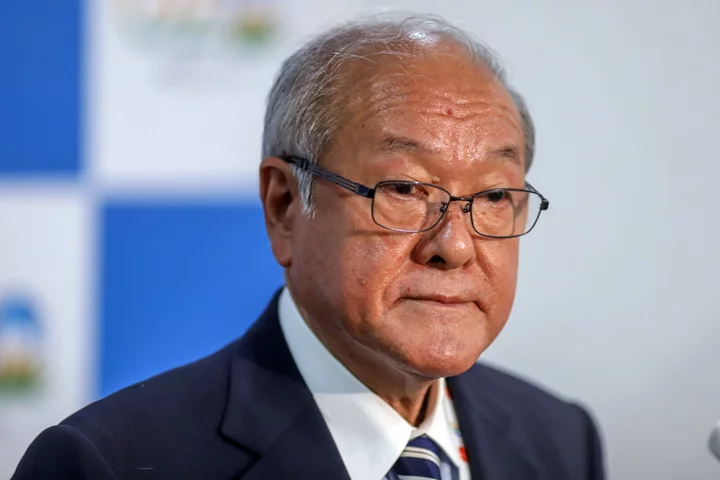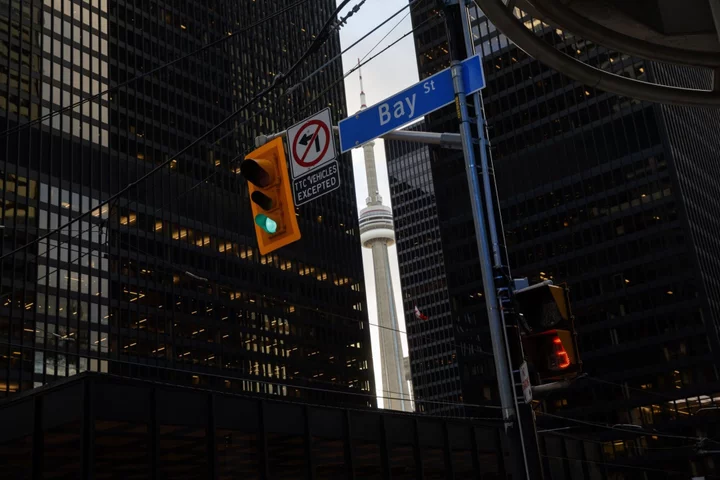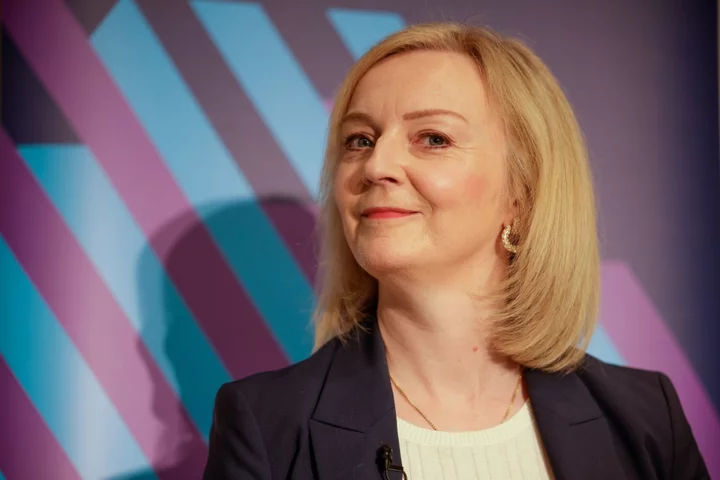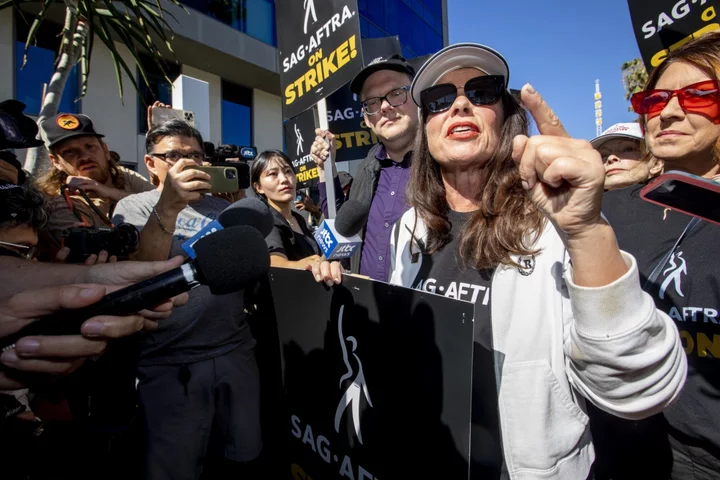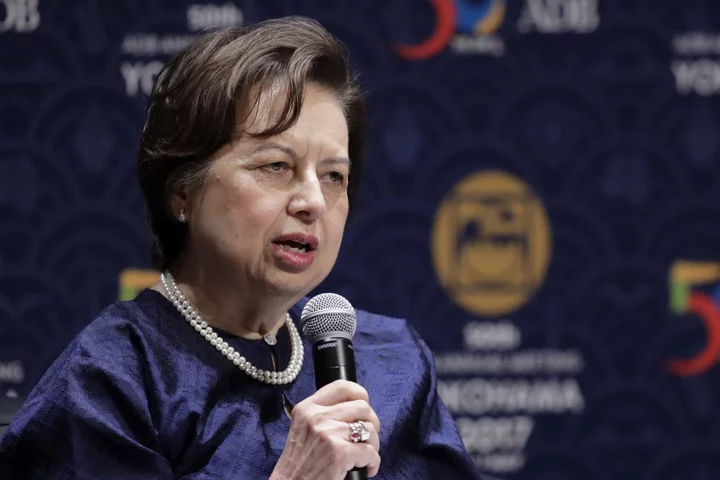Japan’s finance minister issued his second salvo of warnings to players in foreign-exchange markets in a day after the yen reached its lowest against the dollar since October, the month authorities last intervened to prop up the currency.
“As I said at the morning press conference, I’m watching market trends with a high sense of urgency,” Finance Minister Shunichi Suzuki said Tuesday afternoon.
While his comments in the morning triggered little reaction, his warning in the afternoon — with European traders now at their desks — sparked a strengthening of the yen back to 148.77 against the dollar from 149.19 about an hour earlier.
The warnings come as policymakers in Tokyo try to talk up the yen as they try to slow the pace of a slide in the currency without resorting to further forex intervention.
Suzuki said earlier in the day that Tokyo will take appropriate action against excessive currency moves without ruling out any options. That’s a coded message that indicates direct intervention in currency markets is a possibility.
Japan spent more than $60 billion last year when it stepped into markets on three separate days to prop up the yen.
Much of the downward pressure on Japan’s currency stems from the difference in monetary policy between Japan and the US. While the Federal Reserve held rates steady last week, it has been flagging the likelihood of another rate hike to come as it tries to stem inflation.
By contrast the Bank of Japan has stuck to its dovish stance, insisting that stimulus must continue and pushing back against speculation of a near-term interest rate hike. The BOJ has been trying to spark sustainable inflation for more than a decade.
Governor Kazuo Ueda insists he must see more evidence of sustainable price growth accompanied by rising wages before he pares back stimulus.
--With assistance from Ryotaro Nakamaru.

